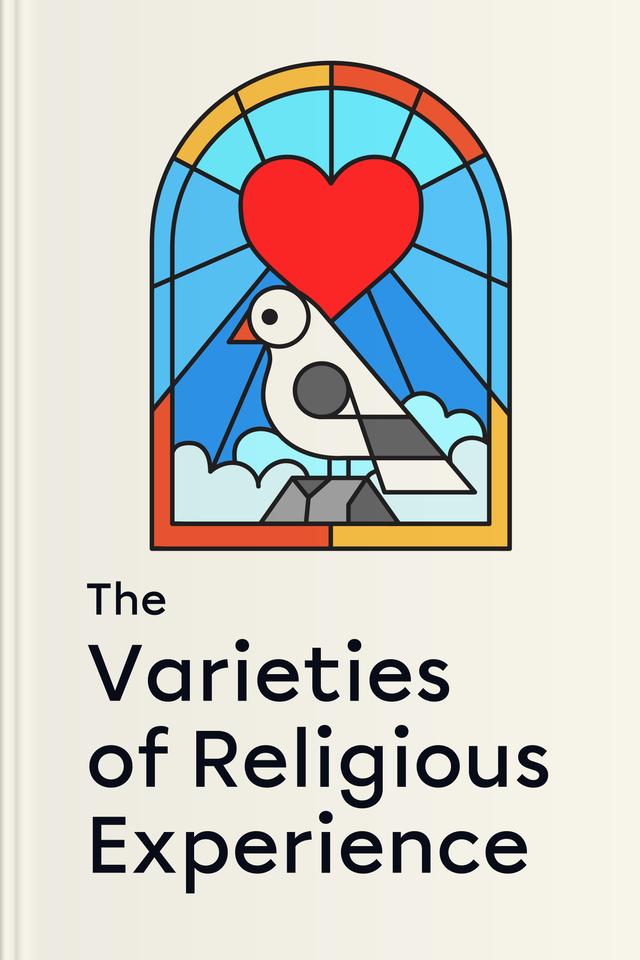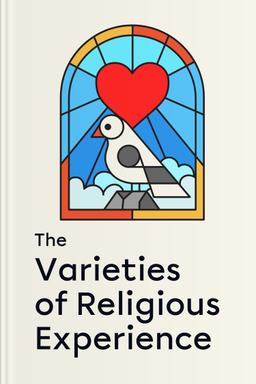You’ll learn
- How beliefs affect behavior
- What exceeds neurology in faith
- Why spiritual data makes sense
- If actions justify beliefs
Protect the world’s peace. Donate to support Ukraine

first KEY POINT
Have you ever wondered if religion is closely linked to human psychology? Or, maybe, religious experiences are indeed the form of spiritual connection with the divine?William James asked himself the same questions. As an outstanding psychologist and connoisseur of the human soul, he plunged into the spiritual world to study human consciousness during religious experiences.Surrounded by brilliant science professors, James became interested in consciousness development mechanisms from an evolutionary perspective. Darwin's and Wright's considerable influence was the cornerstone of his spirituality research.After years of struggle with severe depression, James, impressed by the works of philosophers Renouvier and Coleridge, which represented his religious and scientific parts of personality, concluded that a person's mind is independent enough to transform external circumstances by conscious effort. However, it cannot automatically correctly distinguish between good and bad.
Although lacking a current view of the world, the book still plays a significant role in the development of modern psychology of religion.You may wonder why James's interpretations born more than 100 years ago are still valuable if we have cutting-edge technologies that provide data right from the human brain?Researchers cannot separate religious language from chemical and biological reactions in the human brain. Spirituality is something that cannot be explained merely by scientific terms. There is no standalone emotion that arises during religious experiences.James indicated that spirituality is more to this than meets the eye. Simply put, science can explain how a car’s engine operates, but it cannot describe the driver's experience from using it.It is important not to confine oneself only to a scientific point of view while investigating relations between a person and religion. “The Varieties of Religious Experience” demonstrates how useful it is to examine a subject using various tools, such as intuition, logics, and attention to details.
This summary will help you to understand the role of religion in our lives, and how to reflect upon your emotions to distinguish which cause harm and which lead to self-improvement.
second KEY POINT
James assured that the purpose of his book was not to discredit any religious doctrine or the people who follow it, but rather to focus on the psychology of human nature.The author considered that physical factors could not explain religious experiences, which convinced him that such an approach would be inappropriately materialistic. A person's beliefs cannot stem from specific biological processes in the human body. An individual's perception of the world in terms of faith, whether connected with religion or other spheres of one's life, does not depend on the body's functioning.

Continue reading with Headway app
Continue readingfirst KEY POINT
second KEY POINT
third KEY POINT
fourth KEY POINT
fifth KEY POINT